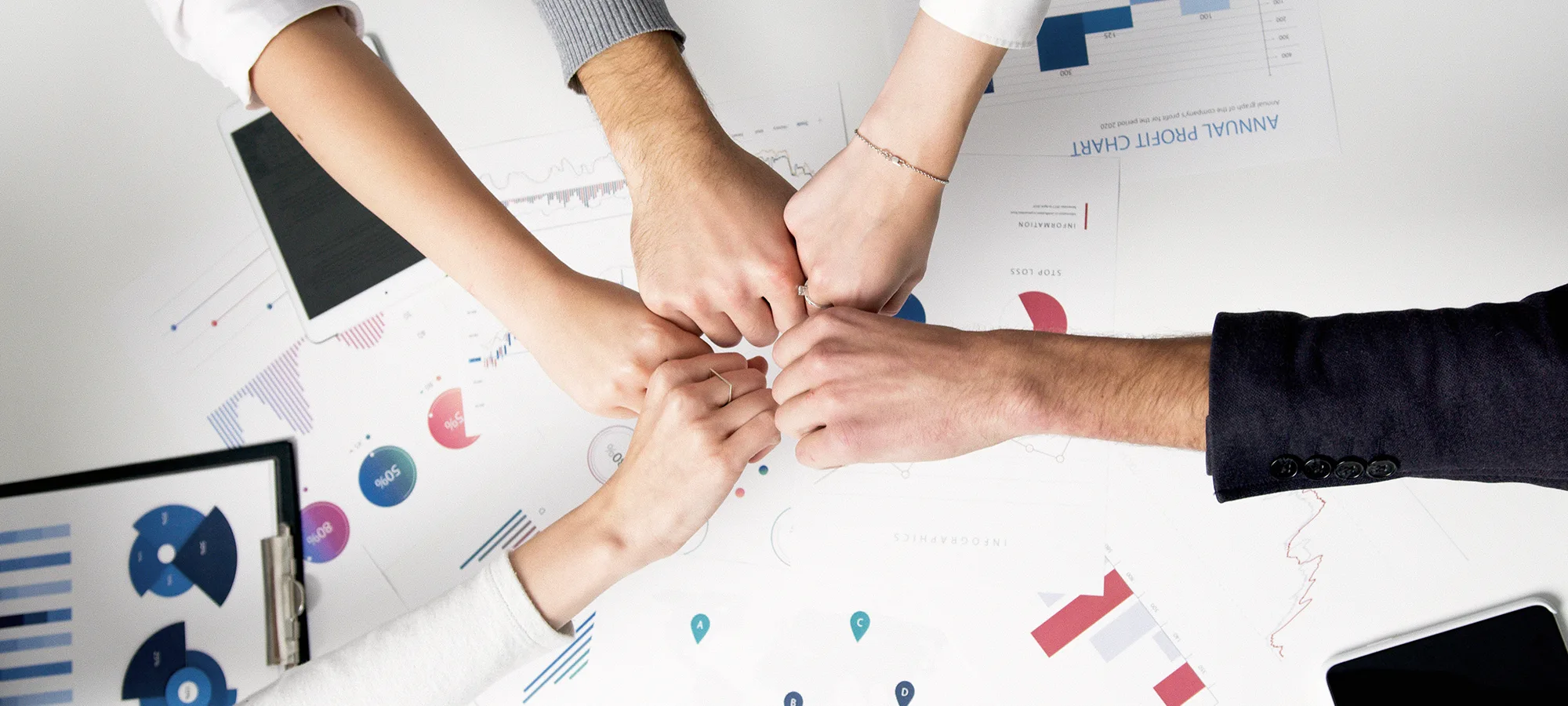Recent years have brought about drastic changes to the way we work and it has raised many questions about the future of how, where and why we will work. To gain some insight into future of workspace, we spoke with Silvia Rivela who has been helping companies to scale and connecting people through technology in both physical and digital environments.
Silvia Rivela is a workplace strategist and Principal & Co-Founder at DOWE and Cohesionist. DOWE help companies grow by creating workspaces that suit their workflows and brings their values to every daily activity. Using 'transformative design' an innovative methodology based on design thinking, human-centred design and change management, they help co-create spaces that inspire people to give their best and have already helped leading start-up's including Deliveroo and Spotahome transition to the next level. Cohesionist design and facilitate digital experiences to connect people at work.
“Technology is the tool, but person-person communication is the key to achieve a strong remote culture of collaboration,”
Rivela is also an architect and found new purpose for her abilities beyond ‘designing buildings’. Shifting her focus to organisations, Rivela began using design as a tool to rethink and implement new ways of working.
“…What I do like is to have a big impact in human relationships. Actually, I do not consider myself as an architect, I'm more into sociology right now because for me this time is a tool to create impact. So it's it's a way to discover people and society's problems and design to make it better.”
One of the most important things for companies to get right in the future of work is to understand the real needs of their employees. This includes considering factors like the different profiles of employees, their work styles, and the type of collaboration that is most effective for their teams. With the rise of remote work and hybrid work situations, it is more important than ever to design workspaces that can meet the needs of a diverse workforce.
“I was that consultant that had designed office spaces and raised their hand to say you are not going to need office space for the next two years.
I began to work on ‘how do we create and optimise the processes inside the companies’ and that is when I created the other company [Cohesionist] which focuses on how we foster cohesion in remote companies. It's an agency to create remote team building experiences to help people better connect when they are not in the same physical location.”
Rivela explained, reflecting on client conversations at the beginning of the COVID-19 pandemic.
Since last April, Rivela has been collaborating with a company that have implemented a metaverse as a channel to have weekly meetings and has been studying the impact that those people have and identifying the differences between different communication platforms.
At the beginning of the pandemic, companies were heavily focused on creating office spaces in the most organic way to foster relationships. Physical workspaces were easy to do this because you just received the space, designed it properly and people started talking. If the space was well designed - great! The magic appeared. Even if they weren’t designed well, there was a lot to learn - we learnt a lot about what not to do. When we were missing the shared, physical space we needed other ways to connect and to create those relationships.
“Nowadays, the problem in companies is that they are not really as focused on how to create a really strong remote future because they don't really know how to [create relationships in that way]. They're not able to do it so organically anymore because it needs to be done in a more structured way.”
What is important to get right?
Decide what kind of culture you want to create. Physical space is often a reflection of the relationships in the company. So in its absence we need to be really in tune with what employees do need. And needs are not wants. it's really important to be able to discover the real needs of your company and the different profiles involved.
Companies are evolving… Fast. A company usually start as one thing, but evolves into something else. So those in charge of the physical space has to be really in touch with the future they want to create. If the team is evolving, the culture has to evolve too. To decide what kind of culture is essential we need to consider how do we collaborate? How do our leaders act? What kind of meetings do we want to have? What kind of human relationships do we want to foster?
Physical space is still important. Whether work and collaboration happens in-person or remotely, work still takes place in space and all of this affects of the kind of typologies that should be offered within the work/ office system.
“I compare it when the laptop was first designed and you could now use your laptop or go to a tower, a PC tower [the normal one]. If you're travelling, you are using the laptop. At home, maybe the PC. What channel/ space do you want use to communicate with your team?”
The metaverse is becoming a new channel of collaboration for companies who work remotely. Integration between the physical and digital world are improving the experience of work in metaverses and virtual relationships are becoming increasingly genuine. The most complicated thing for companies to grasp is that they have to create a clear culture around collaboration. How do we collaborate in every situation? People still use e-mail to communicate urgent messages instead of making a call. If we don't decide first, 'how do we connect?' Then the number of channels that we have at our disposal won’t matter.
